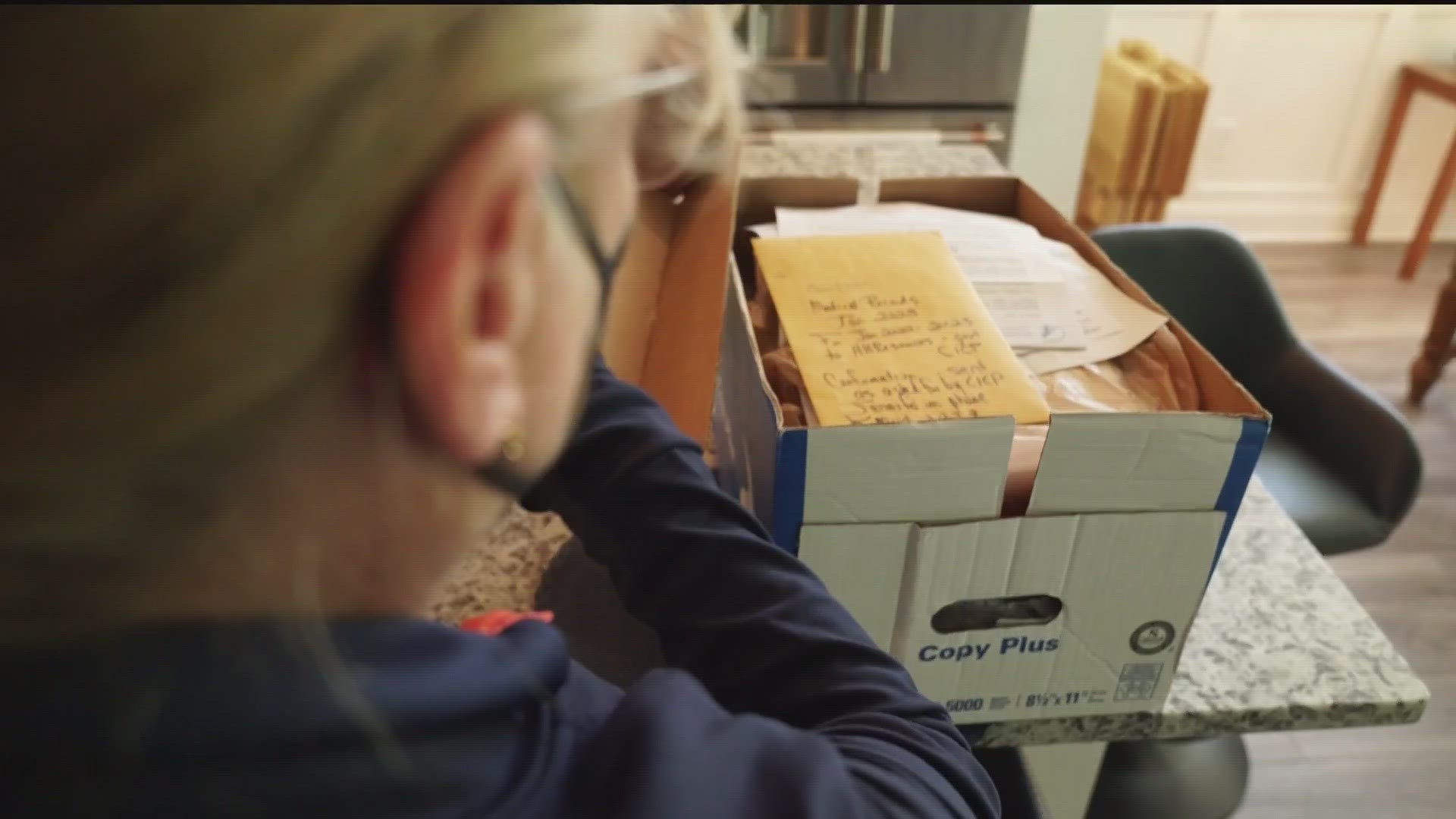ATLANTA — The pandemic is over, but thousands of people say they’re still struggling with injuries from the COVID-19 vaccine and other treatments.
Nearly 12,000 people have filed a claim with the Countermeasures Injury Compensation Program, or CICP, asking to be reimbursed for medical expenses and lost wages.
The CICP posts its claim data online. It indicates 706 claims have been processed so far, most denied. Twenty-two claims were approved, but only three people have received compensation so far.
That means people like Allen Storey are left to wait. Storey is recovering two years later from a cascade of health problems after receiving the vaccine. As the medical bills mount, he has no idea if his claim will be approved.
“They keep asking for more. And it’s just roadblock after roadblock; it seems like,” Storey said.
For months, 11Alive Investigates has been trying to get answers on why the process is taking so long. In response, lawmakers across the country have responded with their own questions.
Congressman Mike Collins demanded to meet with leadership at the CICP. He said the program’s director told him part of the problem is technology.
“They did not even have a computer system in place, a software system to handle people making requests or even inquiring about what their status was, which was what you were talking about in y'all's reporting,” Collins said.
The CICP has recently created an online portal to track claims and is asking Congress for 15 million dollars to “enhance communication” and “substantially increase its capacity to review at least 2,000 claims.” But with the current caseload, at that rate, it would take more than five years to get through them.
“A third of the federal employees have been working from home. And that's just doesn't work very well,” Collins said.
The budget request asks to hire 42 full-time employees and claims 34 positions were funded last year. But to date, the CICP has not answered our fundamental question – how many people are actually working?
“You're asking the same questions that we ask,” Collins said. “They don't know how many people they employ; the federal government, these departments, they don't know. And so that's one of the big issues that we have. You're right. Do you have enough people who are inefficient, or do you not have enough people?”
The Storeys said they have a box full of receipts and haven’t even started to add them up. The average payout so far is $1,500, and they know that wouldn’t even come close to reimbursing them for what they’ve spent.
“His prescription last week was 600… out of pocket. Upfront. And you couldn’t get it if you didn’t have $600,” said Allen’s wife, Bee.
While it may take years to get a response, people who feel they’ve been injured only have one year to file a claim. Allen hopes sharing his story will lead to improvements in the process. But he also hopes it will raise awareness about the program overall.
According to the CICP data online, 269 applications were denied because they missed the deadline.
“I don’t think most people know this program exists. You can probably walk down and 10 out of 10 people don’t know about it. I don’t know how they would find out about it if they weren’t specifically looking for this program. Most doctors don’t even know about it,” said Allen Storey.
If you feel you have had a serious adverse reaction or have been injured by the COVID-19 vaccine or any other medicine or treatment used to fight COVID-19, you can learn more about the CICP by clicking here.

